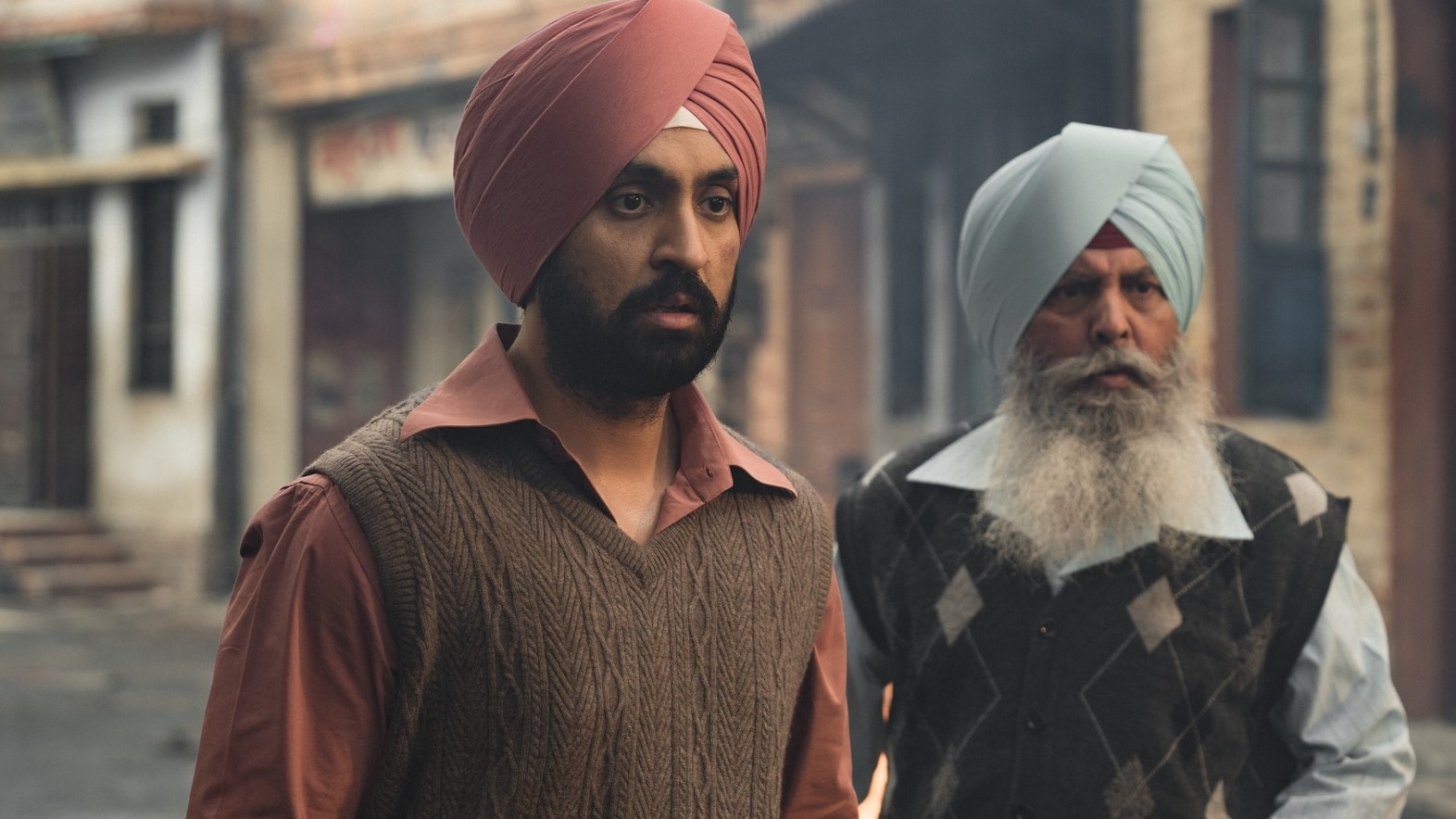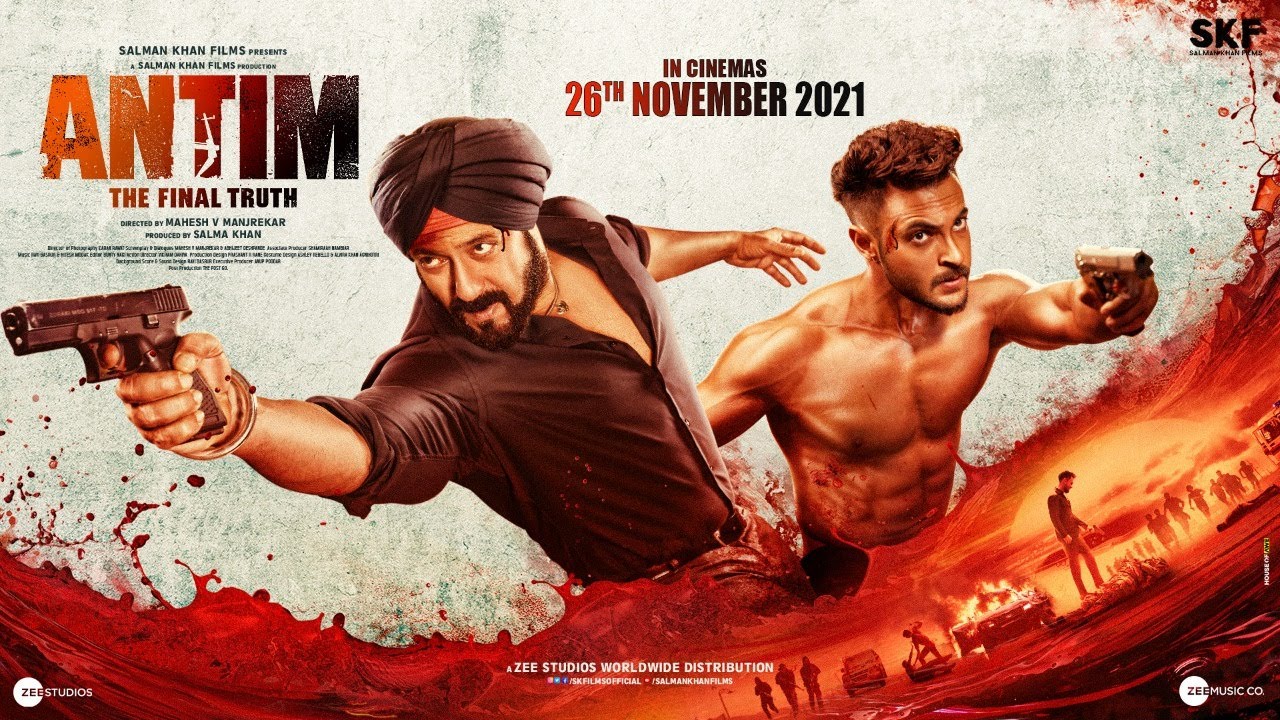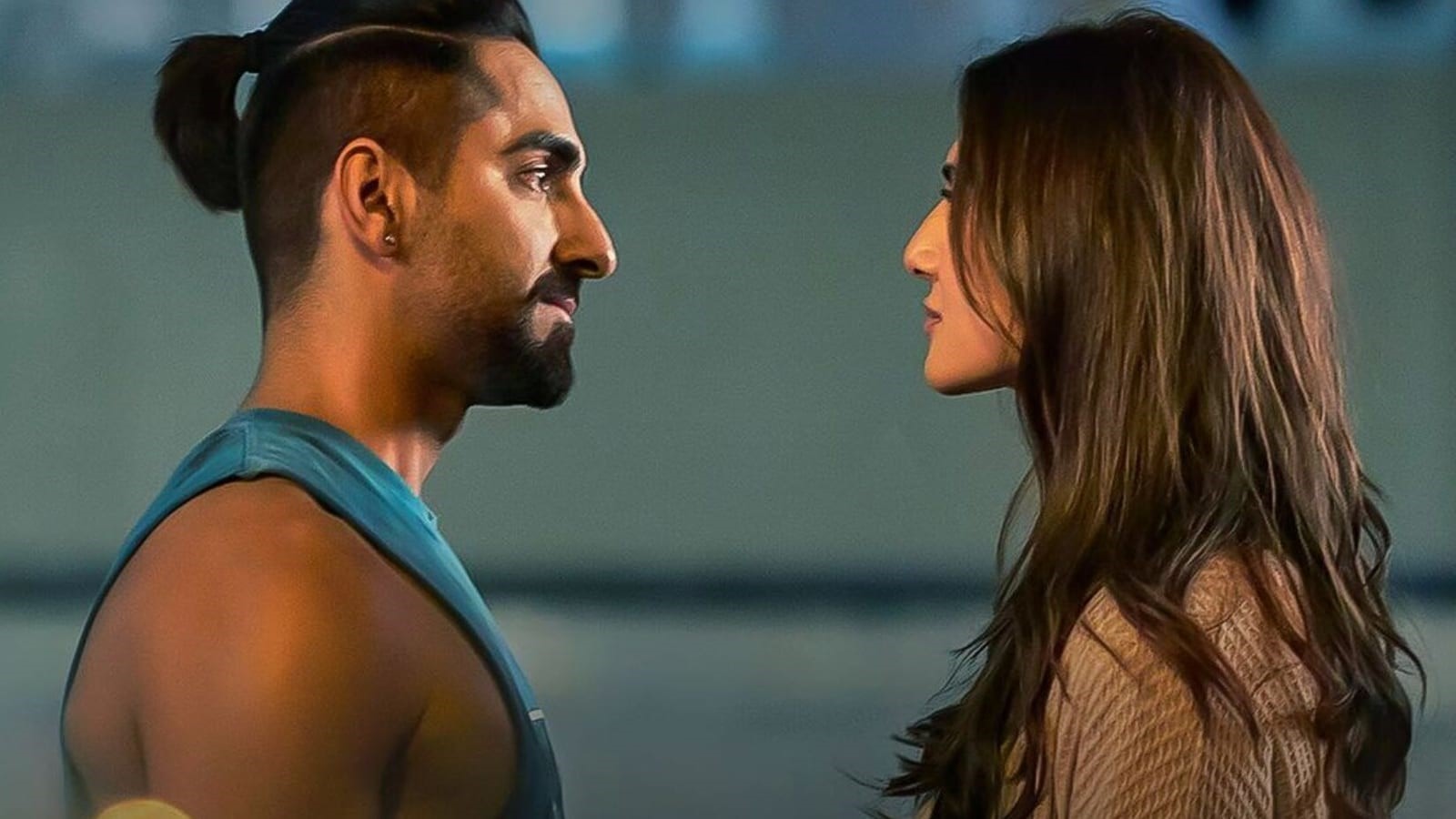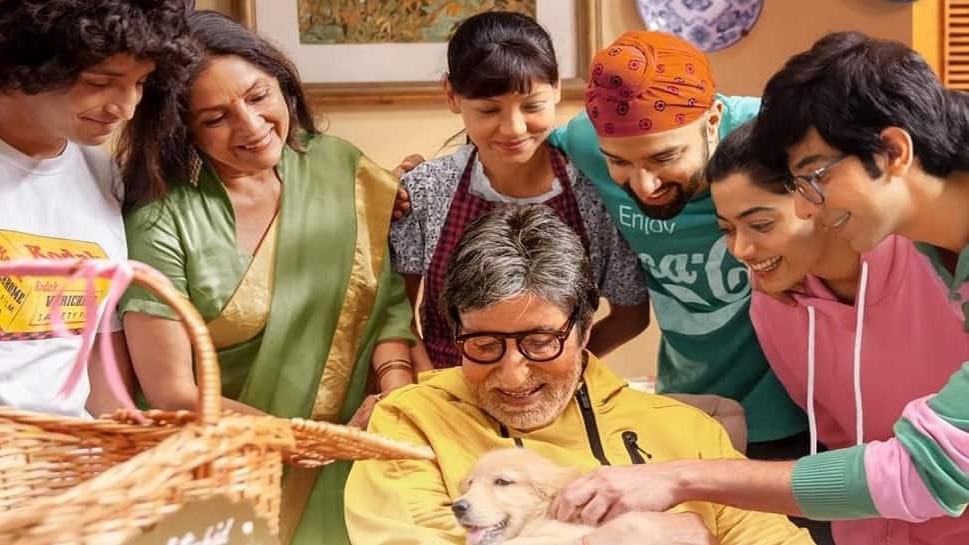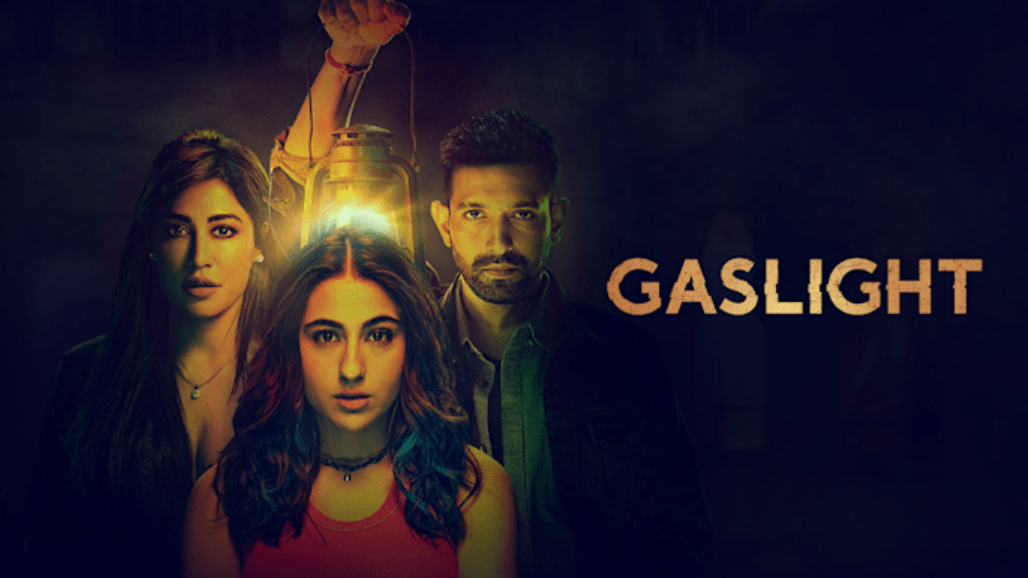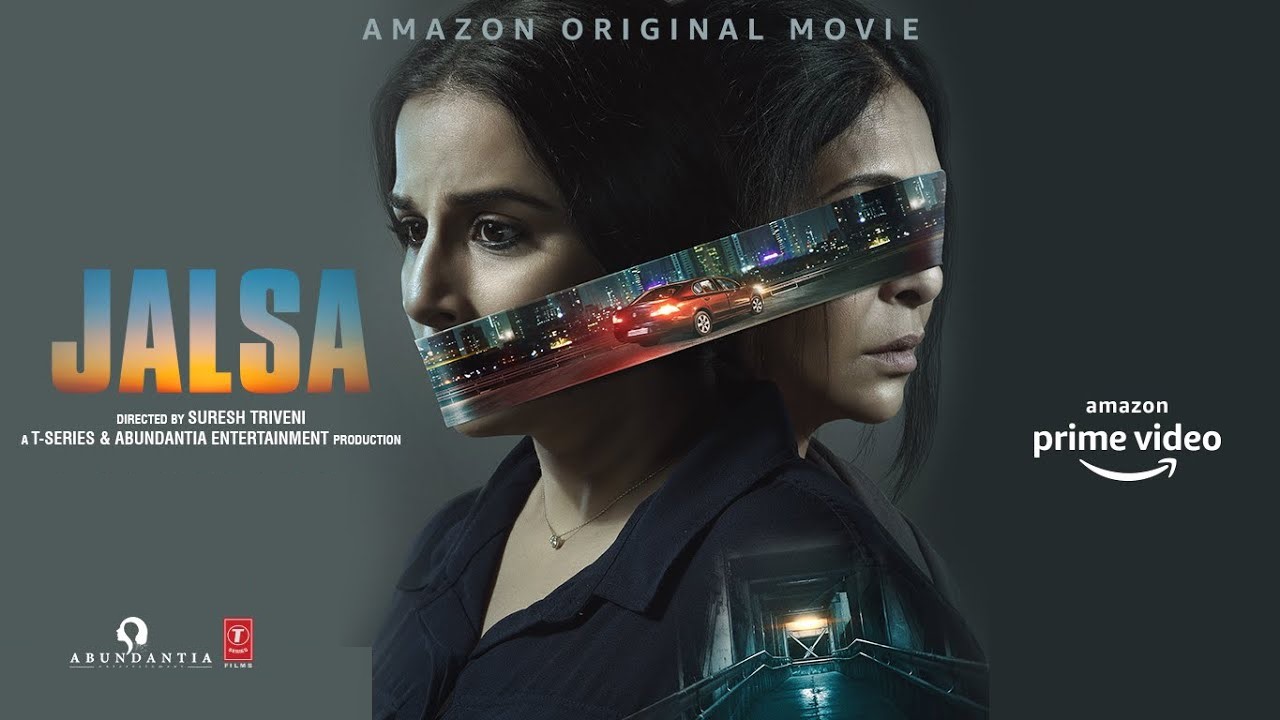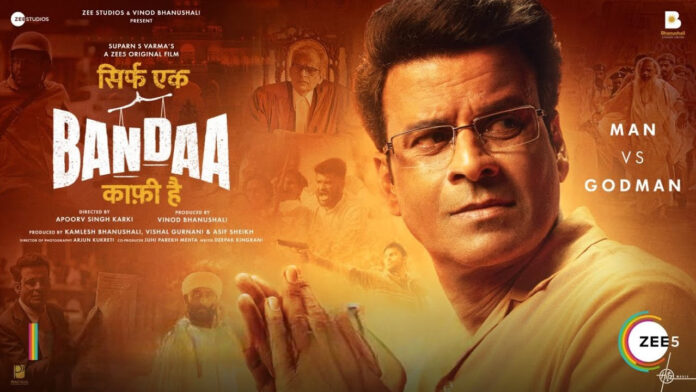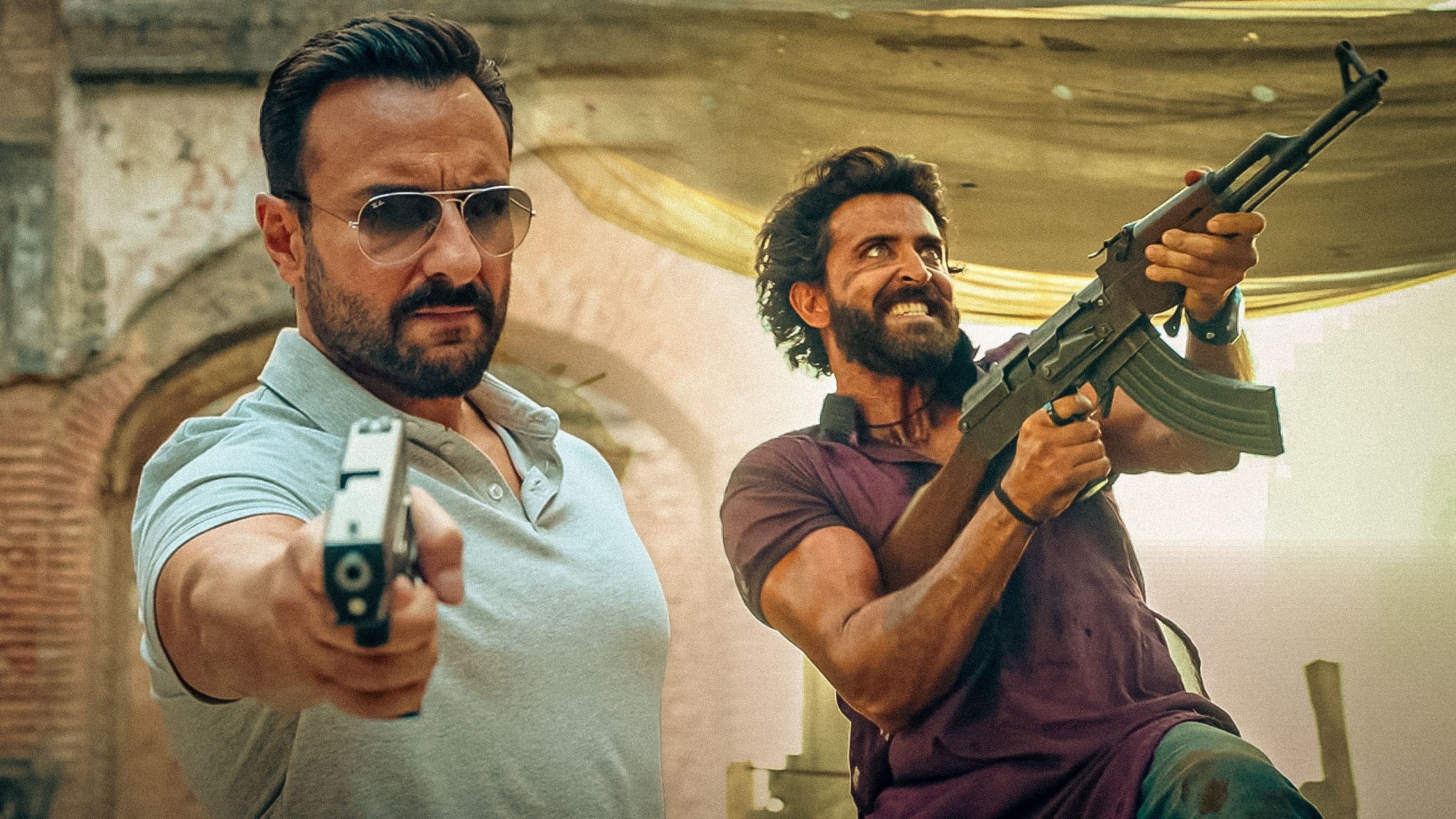Salaar – A Misfire of Epic Proportions
Salaar, the much-anticipated cinematic venture directed by Prashanth Neel, turns out to be a colossal disappointment that fails to live up to the hype surrounding it. Despite the star power of Prabhas and Neel’s previous success with the “KGF” series, Salaar crumbles under the weight of its own ambitions, delivering a lacklustre and formulaic experience that leaves audiences questioning the choices made in its production.
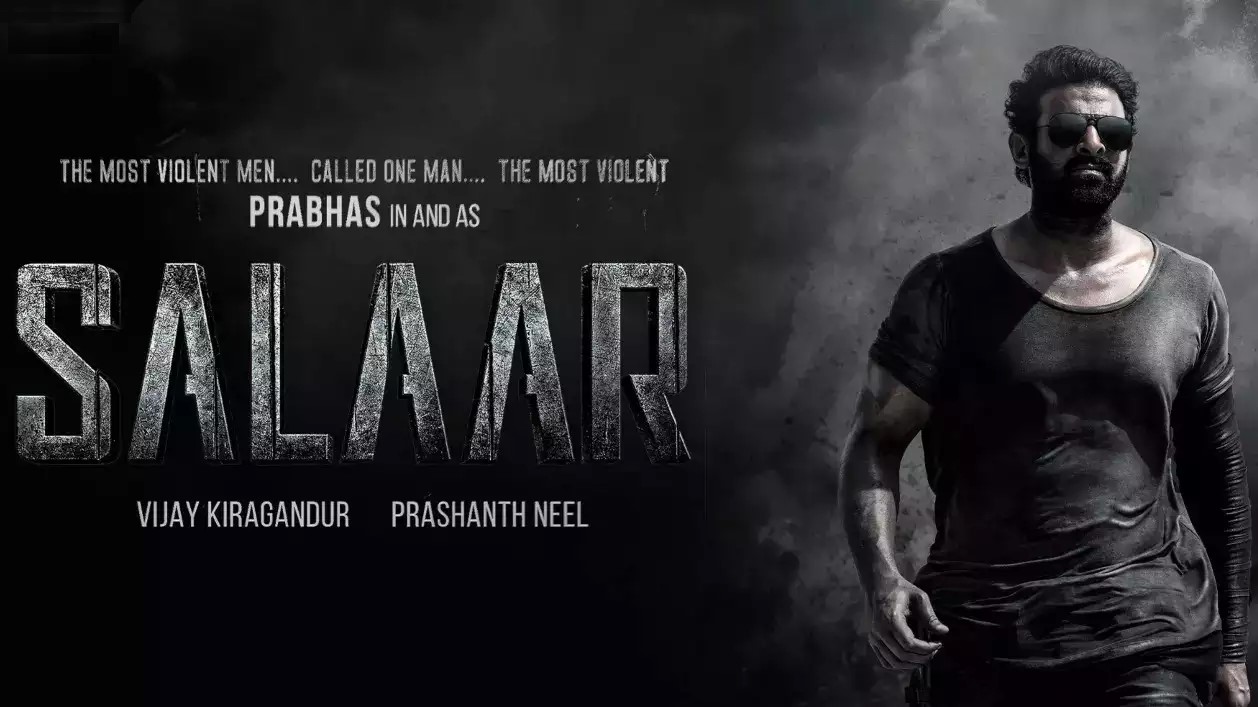
The film’s narrative, touted as a tale of vengeance, power, and survival, falls prey to the trappings of a tired and clichéd revenge plot. From the outset, Salaar’s storyline is a predictable journey of a lone hero seeking retribution for past wrongs. Prabhas, in the titular role, does little to elevate the character beyond the stereotypical brooding, macho archetype. Salaar’s motivations are muddled, and his journey lacks the depth necessary to engage the audience on an emotional level. The lack of originality in the narrative is striking, with the film offering nothing new to a genre that has been explored ad nauseam.
The film’s Achilles’ heel lies in its character development, or rather the lack thereof. Prabhas, despite his charismatic screen presence, is shackled by a poorly sketched character. Salaar’s backstory is touched upon but lacks the nuance required to make the audience invest in his vendetta. The attempt to portray him as an enigmatic and complex figure falls flat, as his motivations seem more like convenient plot devices than genuine emotional triggers. The supporting cast, including Shruti Haasan and Jagapathi Babu, are given little room to shine, their characters serving as mere pawns in Salaar’s uninspired narrative chessboard.
Salaar’s downfall extends to its pacing. The film’s runtime, exceeding three hours, feels excruciatingly long, exposing the inadequacies of the screenplay. While the action sequences might provide momentary adrenaline rushes, the stretches between them are filled with tedious and unnecessary exposition. The pacing issues not only make Salaar a test of endurance for the audience but also expose the lack of a cohesive narrative thread that can sustain interest over such a prolonged duration.
Bhuvan Gowda’s cinematography, although visually striking at times, cannot salvage the film’s overall dark and gloomy presentation. The grandeur of certain shots is overshadowed by an inconsistent visual style that swings between impressive and gratuitously stylized. The attempt to create a visually captivating world often feels forced, with an overreliance on dark aesthetics that does little to enhance the storytelling. The cinematography, instead of serving as a narrative tool, becomes a distraction, leaving the audience yearning for substance over style.
Ravi Basrur’s background score, touted as one of the film’s strengths, falls short of expectations. While it attempts to inject intensity into certain scenes, it often feels overbearing and misplaced. The score’s bombastic nature fails to complement the emotional nuances of the characters, drowning out any subtleties in their performances. The jarring soundtrack further exacerbates the film’s tonal inconsistencies, contributing to the overall discordance of Salaar’s cinematic experience.
Prashanth Neel’s direction, which garnered acclaim for the “KGF” series, falters in Salaar. While his vision might have looked promising on paper, the execution leaves much to be desired. Neel’s attempt to create a gritty and intense world falls flat, as Salaar becomes a mishmash of borrowed elements from other, more successful films. The lack of originality in his approach is evident, as the film becomes a predictable exercise in pandering to genre conventions rather than pushing boundaries and challenging the audience.

One of the most glaring issues with Salaar is its inability to transcend the limitations of the action genre. While it attempts to blend intense action with emotional depth, the film ultimately succumbs to the trappings of formulaic storytelling. The action sequences, though choreographed with flair by Kecha, feel like a checklist of genre clichés. The excessive violence and stylized fight scenes become repetitive, failing to evoke the awe and excitement that they intend to deliver. Salaar lacks the innovation and creativity required to stand out in a crowded genre, ultimately becoming a forgettable addition to the pantheon of action films.
The film’s script, penned by Prashanth Neel himself, is a major letdown. The dialogues, instead of being sharp and impactful, often veer into melodramatic territory. The attempts at creating memorable one-liners fall flat, with many moments feeling forced and contrived. Salaar’s script lacks the wit and depth needed to elevate it beyond a run-of-the-mill action drama, exposing the shortcomings of both the writing and the overall conceptualization of the film.
In conclusion, Salaar emerges as a misfire of epic proportions. The lack of originality in the narrative, underdeveloped characters, pacing issues, and a misguided emphasis on style over substance collectively contribute to its downfall. Despite the star power and technical prowess involved, Salaar fails to make a mark in the cinematic landscape, offering little more than a forgettable and uninspired journey through a well-trodden path of revenge and redemption.





